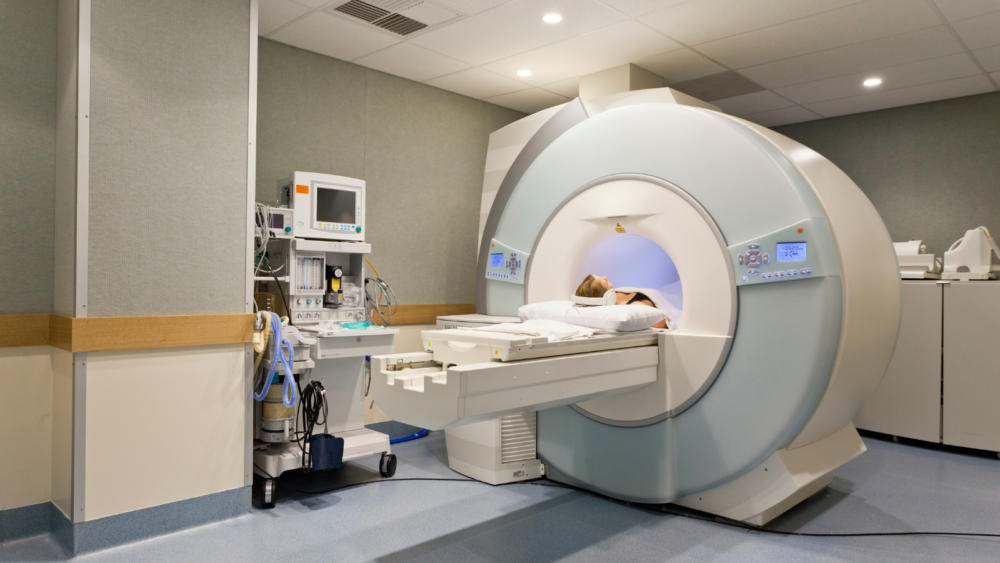Progress in pancreatic cancer survival in Scotland
New statistics published by Public Heath Scotland show an increase in pancreatic cancer survival rates in Scotland.

The new information on cancer survival in Scotland, for people diagnosed between 2013 and 2017 (and followed until the end of 2018) shows survival appears to be improving for many cancers, with clear evidence of improvement for pancreatic cancer, particularly for women.
Over the most recent two periods (2008-12 and 2013-17), 1-year age-standardised survival in women increased by 7.5% points to 29.1%, but there was no evidence for a similar increase in men, which only rose slightly to 23.9%.
Age-standardised net survival could not be reliably estimated for longer term follow-up time-points, though substantial increases in observed survival at 5-years after diagnosis over the last 25 years suggests there have been improvements in cancer-specific survival over time.
These figures demonstrate that progress is being made. After almost five decades without a meaningful increase in survival, we are now beginning to see a slow but positive trend upwards.
Why have survival rates increased?
The report explains that reasons for improved cancer survival may include diagnosis at an earlier stage and use of more effective treatments.
The key to pancreatic cancer survival is early diagnosis. Work to raise awareness of the disease in Scotland may be helping contribute to this increase, alongside improved surgical procedures, chemotherapies and other treatments.
Anyone who is worried about symptoms should seek medical advice. If you have persistent or worsening symptoms that are not usual for you then you should contact your GP or call NHS 111 to investigate.
What’s next?
Continued collaboration in working together to effect change is essential to help ensure more people survive pancreatic cancer and speed up the positive trend in survival rates.
Pancreatic cancer is still showing the one of the lowest survival rates for the 20 most common cancers. The report also highlights increasing socio-economic deprivation is associated with poorer survival from cancer.
Fiona Brown, Development Manager at Pancreatic Cancer Action Scotland says “We welcome all progress for pancreatic cancer, but we need it to be faster to help save more lives. There is much more that needs to be done to understand and overcome inequalities in survival.
Pancreatic cancer doesn’t present in an obvious way. It’s not possible to feel a lump like other cancers and the symptoms can be vague, poorly understood and often dismissed as less serious health concerns. However, with earlier diagnosis and optimal treatment, patients can have the best chance of survival.
Our work in raising awareness of pancreatic cancer amongst the public, educating healthcare professionals and ensuring everyone has access to effective treatments, support, information and care is needed more now than ever”.
There are reasons to be positive about further improving the survival of pancreatic cancer.
In December 2020 The Scottish Government published “Recovery and Redesign: an Action Plan for Cancer Services” with a wide range of actions focusing on detection, diagnosis and treatment alongside patient and family support.
The plan acknowledges the lack of progress for less survivable cancers and we are encouraged by the particular references and actions for pancreatic cancer.
The planned introduction of Early Cancer Diagnostic Centres, work towards a single point of contact for cancer patients and a commitment to working with The Scottish HepatoPancreatoBiliary Network to support clinical consensus on the redesign of pancreatic pathways widens the opportunities to effect real change.
We will continue to work alongside the NHS, Scottish Government, the wider third sector and pancreatic cancer community. We are very grateful to our inspiring supporters raising funds and awareness for the cause and supporting our work. Together we can make a big difference to ensure that the 2020’s is The Decade of Change for pancreatic cancer.